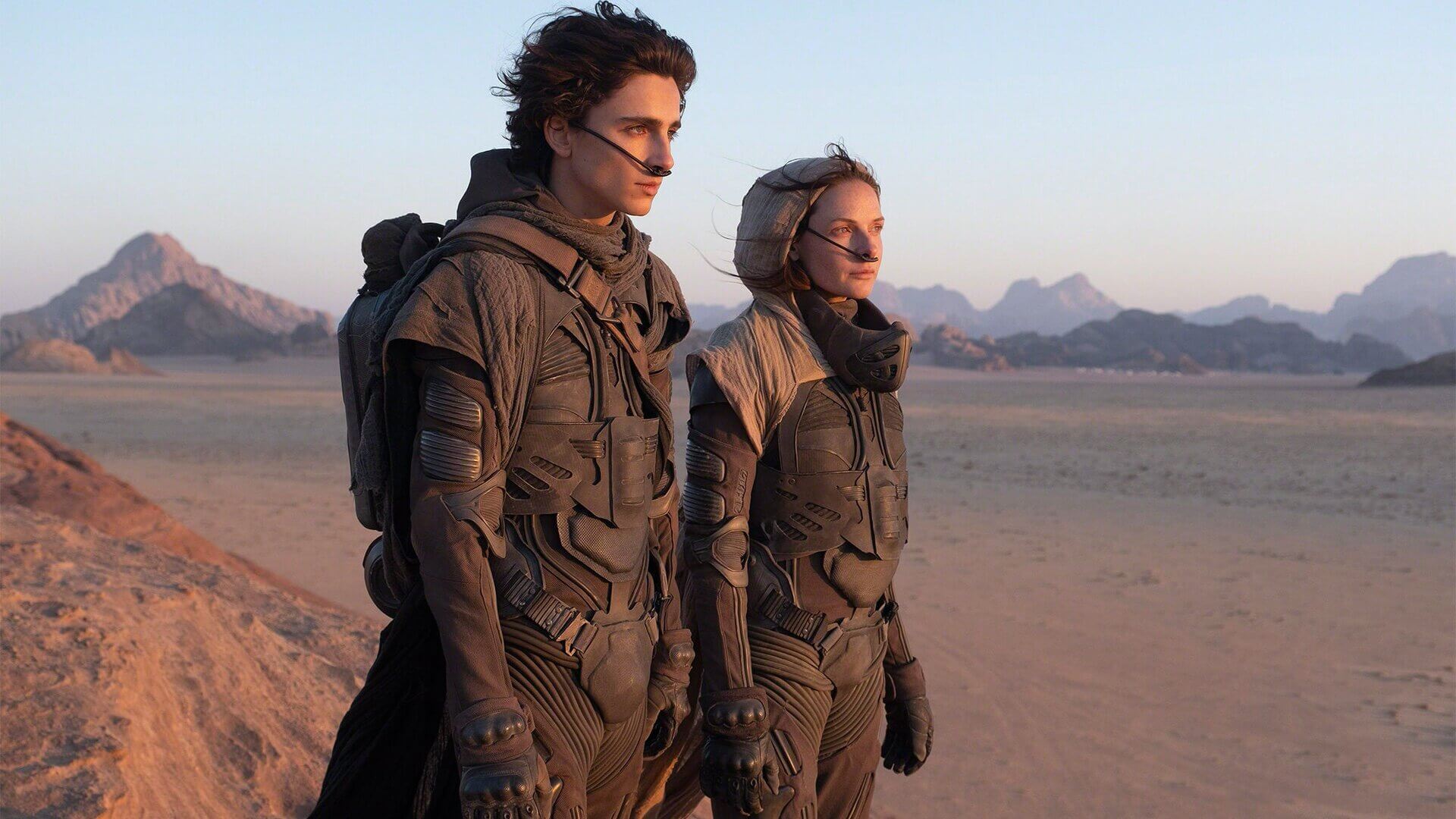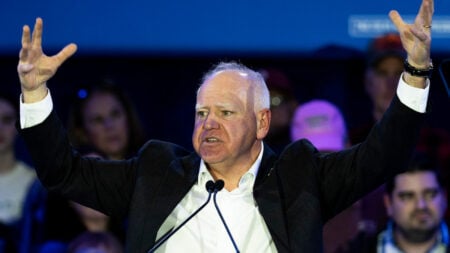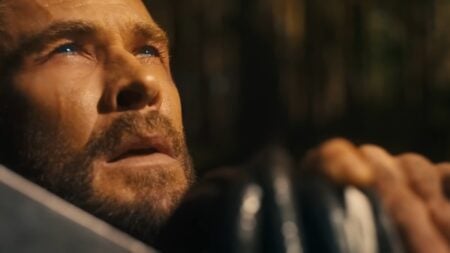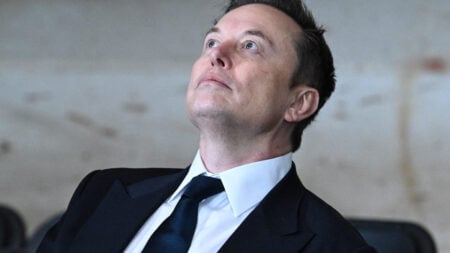Arrakis… Dune… desert planet.
Denis Villeneuve’s latest film adaptation of Frank Herbert’s 1965 sci-fi classic Dune has been highly anticipated since it was first announced two years ago. In a recent exclusive with Vanity Fair, Villeneuve finally released the first images from the set of the film.
Like we did last week, let’s up top address the 9,000-ton sandworm in the room: Dune (1984). There’s been something of a reassessment of the film in the last decade or so. Still, originally it was so poorly received that director David Lynch refused to put his name on it, instead opting for the moniker “Alan Smithee” (a pseudonym used by several directors over the years who were less than proud of their work). I’ve watched it again recently and–while I’ve also turned a corner and find it charming and interesting in its own way–boy does it have a lot of problems. The biggest problem is that much of where the book succeeds is in its discussion of philosophy, anthropology, environmentalism, religion, and politics. None of those things are particularly visual. Also, the plot is so epic that, even at 2 hours and 17 minutes, Lynch’s film adaptation feels rushed. Lynch had also been previously signed on to direct Return of the Jedi (he had to drop out because Director’s Guild rules at the time didn’t allow union members to direct movies without opening credits, and Star Wars wisely stuck to their guns with the iconic opening crawl). But he had developed some stuff he wanted to use, so he shoehorned extra elements into a script that was already bursting at the seams (ex. the sonic pistol).
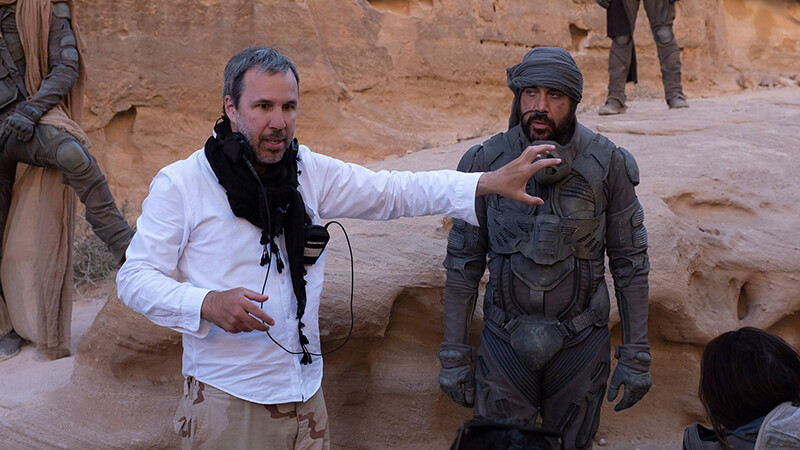
There was also a previous attempt to make a Dune film by surrealist director Alejandro Jodorowsky that would’ve starred Salvador Dali, Mick Jagger, and Jodorowsky’s 12-year-old son. Some people point to this as an example of the novel being unfilmable. But to me, that seems like blaming the dog for your cocaine bender. And also you don’t have a dog.
Luckily, one of the things Villeneuve announced was that he would be breaking the film into two parts. And while the cast of Lynch’s Dune was by no means bad–including Kyle MacLachlin, Virginia Madsen, and Patrick Stewart–Villeneuve’s cast is a who’s who of today’s most popular performers. This adaptation will star Timothee Chalamet as Paul Atreides, Oscar Isaac as Duke Leto, Rebecca Ferguson as Lady Jessica, Zendaya as Chani, Jason Mamoa as Duncan Idaho, Josh Brolin as Gurney Halleck, and Stellen Skarsgaard as Baron Harkonnen, Dave Bautista as The Beast Rabban, David Dastmalchian as Piter De Vries, Charlotte Rampling as Reverend Mother Gaius Helen Mohiam, and Javier Bardem as Stilgar.
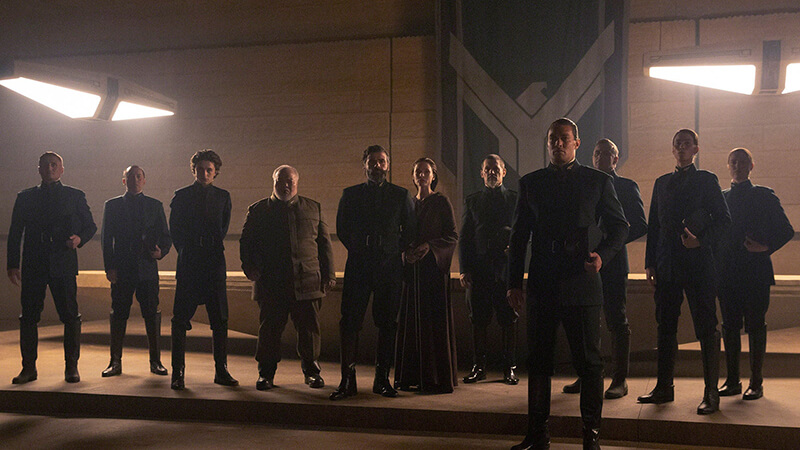
One final interesting note is that Villeneuve has chosen to add some extra dimension to characters. He’s changing the character of ecologist Dr. Liet Kynes from male to female. He’s also announced that he wants to add some depth to the villain, Baron Harkonnen. Both are changes I can personally get behind. There’s no reason Kynes can’t be a woman (Villeneuve actually seems to think Kynes makes more sense as a woman, and I’m inclined to agree), and the Baron of the novel is a bit of a caricature. Not that Herbert wrote terrible characters, but the characters as they are written in the novel exist more as archetypes upon which he can hang his big ideas than they do as flesh and blood human beings. A philosophical tract works great as a book, but a movie needs relatable characters.
The first installment of Dune is set for release on December 18th, 2020.

